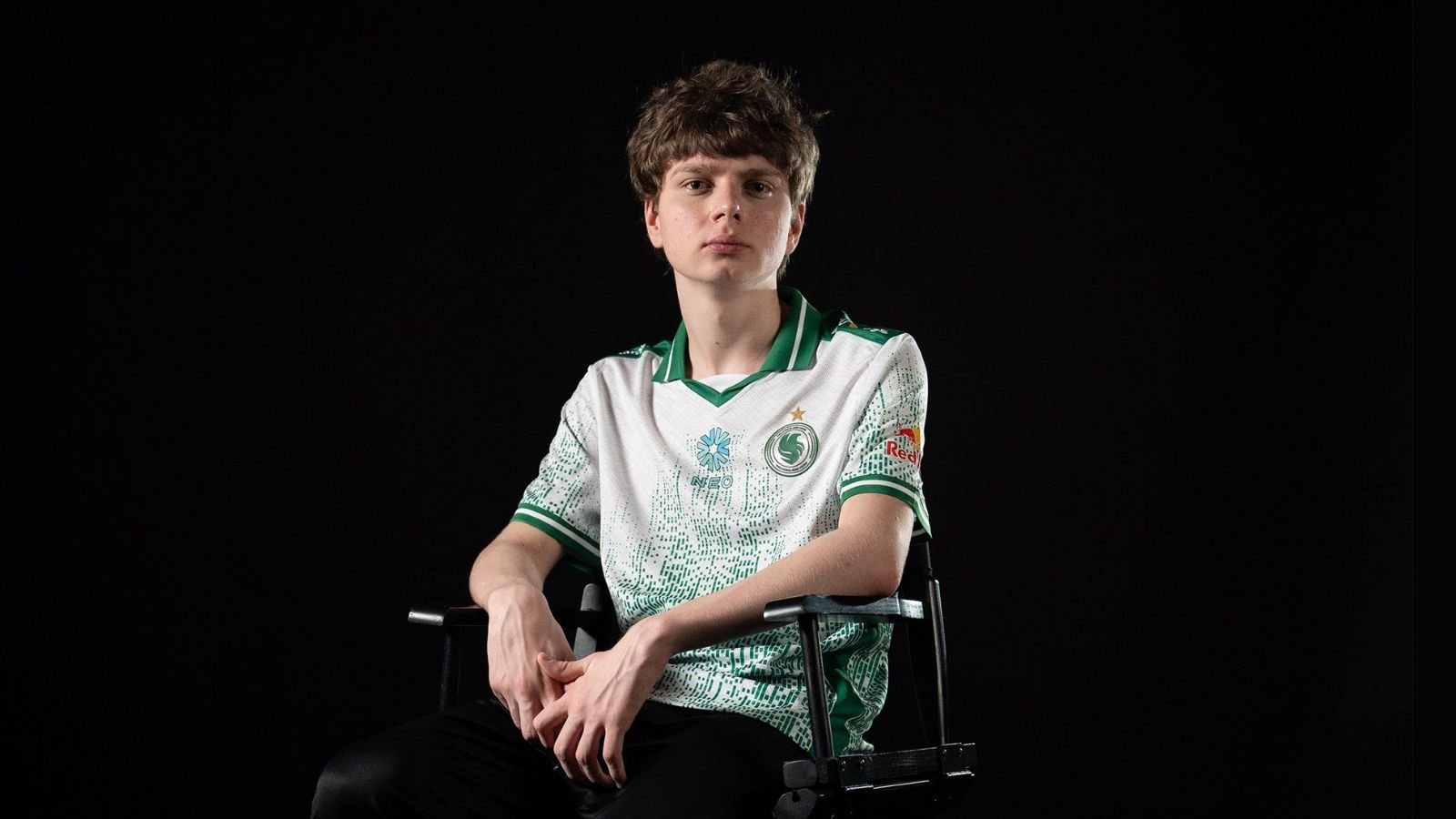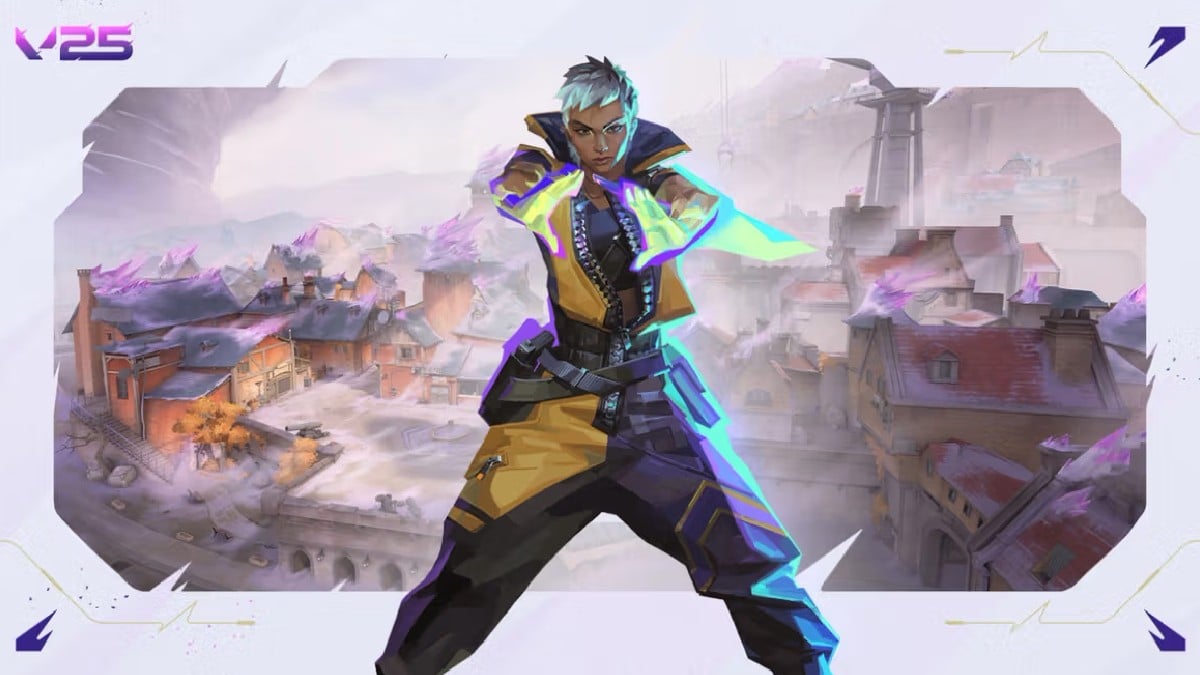
Hi-Fi Rush Director: 'I Want to Cherish This IP'
The team at Tango Gameworks have been through a lot these past couple of years. High on the surprise release of their highly acclaimed 2023 hit Hi-Fi Rush, the studio was suddenly closed down in May, causing uproar among game fans around the world. Then, in August, it was announced that South Korea’s PUBG publisher Krafton had reached an agreement to acquire Tango, along with Hi-Fi Rush, granting the studio a new lease of life.
Amid such dramatic twists and turns, Tango has retained many of its staff for this new iteration. IGN spoke with studio head Colin Mack, creative director / Hi-Fi Rush director John Johanas, and development director / Hi-Fi Rush project manager Kazuaki Egashira about their plans for Tango Gameworks going forward.
Despite previous reports that Hi-Fi Rush 2 is in development, Mack clarified that the team are still considering their options before they commit to a sequel. That is to say, the team had previously been working on a sequel at the time of the acquisition, and it seems pretty likely that they will continue to do so, but at this stage a sequel is not guaranteed.
“We are considering a sequel positively,” Mack told IGN. “We are not yet at the stage where we can say specifically, ‘This is what we’re going to do.’ ”
Johanas added: “Many of our staff have a lot of love for [Hi-Fi Rush], so we feel like we have options. We’re currently at the stage of considering various opportunities.”
From The Evil Within to Ghostwire: Tokyo and finally Hi-Fi Rush, Tango Gameworks is known for creating brand new games, and it seems that this culture still persists in the studio’s latest incarnation under Krafton. Egashira explained that creating new experiences is “in the DNA of Tango Gameworks.”
“Hi-Fi Rush became popular as a new IP, but if Hi-Fi Rush were to stay the same forever, it would eventually become outdated,” he said. “I think Tango Gameworks is about taking on new challenges. I hope to continue to work in a way that puts developers at the center, without losing our passion.”
“Not only me, but many of the development staff have a strong attachment to Hi-Fi Rush,” said Johanas. “Not only the game but also the characters and the world are beloved by us, so I want to cherish this IP.
“On the other hand, it’s important to try new things. I worked on The Evil Within, directed its DLC, and then directed the sequel The Evil Within 2. I don’t think I could have made yet another horror game at that point, because there’s only so much you can do with the same material. It’s risky to try something completely different, sure — but I think a sequel to a series is also a risk in itself.”
Krafton’s acquisition of Tango Gameworks came about when the studio members, faced with imminent closure, began looking for a buyer. Krafton was proactive in courting the team and moved extremely quickly to propose and finalize the acquisition, allowing many of the staff to stay together. “I’m glad that we were able to continue making games together while keeping the DNA of Tango Gameworks intact, rather than starting from scratch again,” said Johanas, highlighting how the team’s chemistry was built up over years of working together, and played a big part in the success of Hi-Fi Rush.
The studio currently has around 50 employees, and Mack says they will begin recruitment in late December or January 2025, with a view to growing to around 100 people. This will allow them to focus on making one game at a time while also experimenting with new projects on the side, much like how Hi-Fi Rush was initially created.
Johanas also recalled advice given to him by Shinji Mikami, the legendary developer who founded Tango Gameworks in 2010 before leaving in 2023 after the release of Hi-Fi Rush. Mikami was keen to foster new talent at Tango, and Johanas essentially became one of his apprentices, influencing his views on how the studio will continue into the future.
“I learned from Mr Mikami that it is important for a director to discuss ideas for a game with their team rather than giving orders, and to make the game together,” Johanas said. “He often said that if you make a game like a bonsai tree, it may take the shape the director had in mind, but each of the development staff will not feel their output is reflected. In that sense, freedom is very important. Of course, it is necessary for the director to decide the overall direction, but we have always valued an environment where the staff can create freely, rather than one where they are only allowed to as they are told. It’s closer to the growth of a tree in nature than a bonsai tree.
“Mikami places a high level of trust in his staff, which is why so many of us have stayed at Tango Gameworks for so long. I hope to continue this culture of freedom in the future.”
For information on recruitment at Tango Gameworks, check out Krafton’s recruitment site. Esra Krabbe is an editor at IGN Japan.






